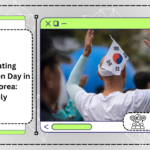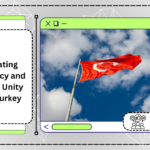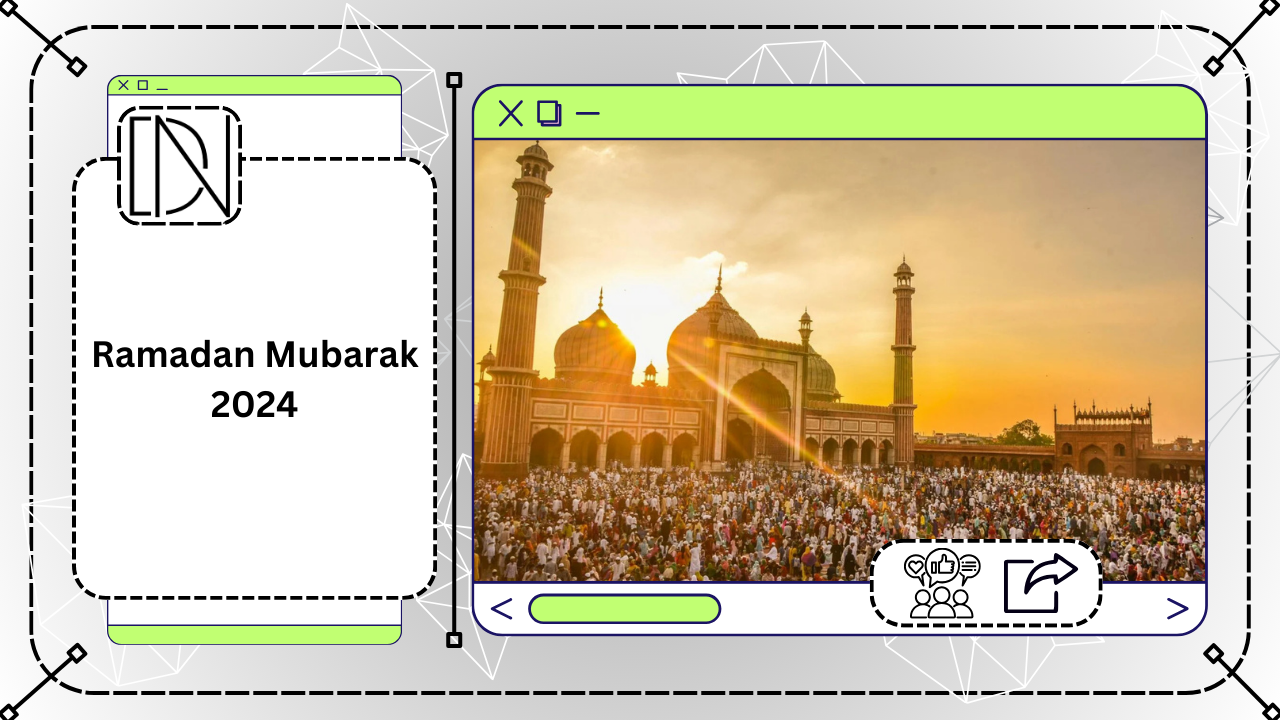As the Islamic lunar calendar inches closer to the year 2024, Muslims around the world eagerly anticipate the arrival of the holy month of Ramadan. With its rich traditions and spiritual significance, Ramadan holds a special place in the hearts of millions. In this blog post, we will explore the meaning and importance of Ramadan, as well as some of the customs and practices observed during this blessed month.
The Significance of Ramadan
Ramadan is considered the holiest month in the Islamic calendar. It commemorates the revelation of the Quran to the Prophet Muhammad (peace be upon him) and is a time of reflection, prayer, and fasting for Muslims worldwide. It is believed that during Ramadan, the gates of heaven are open, and the gates of hell are closed, offering believers a unique opportunity for spiritual growth and purification.
Fasting and Prayer
The most well-known aspect of Ramadan is fasting. From dawn until sunset, Muslims abstain from food, drink, and other physical needs. The fast is seen as a way to purify the soul, increase self-discipline, and empathize with those who are less fortunate. It is also a time for increased prayer and recitation of the Quran.
While fasting during Ramadan is mandatory for adult Muslims, there are exceptions for those who are ill, pregnant, nursing, traveling, or menstruating. However, it is important to note that these individuals are expected to make up the missed fasts at a later time.
Charity and Generosity
Ramadan is also a time for acts of charity and generosity. Muslims are encouraged to give to those in need, whether through monetary donations or by volunteering their time and skills. This practice, known as Zakat, is one of the Five Pillars of Islam and serves as a reminder of the importance of compassion and caring for others.
Spiritual Reflection and Self-Improvement
Aside from the physical aspects of fasting, Ramadan is a time for spiritual reflection and self-improvement. Muslims strive to increase their devotion to God, seek forgiveness for past wrongdoings, and develop a deeper connection with their faith. Many individuals also take this opportunity to set personal goals for self-improvement, such as breaking bad habits or cultivating positive ones.
Community and Celebration
While Ramadan is a time for personal reflection, it is also a time for community and celebration. Muslims often gather for evening prayers, known as Taraweeh, at the mosque. Families and friends come together to share meals before and after the fast, known as Suhoor and Iftar, respectively. These communal gatherings foster a sense of unity and solidarity among believers.
Preparing for Ramadan 2024
As Ramadan approaches in 2024, it is important for Muslims to prepare both physically and spiritually. This may include stocking up on essential food items, planning meals, and organizing schedules to accommodate the additional prayers and worship. It is also a time to reflect on personal goals and intentions for the month ahead.
While the exact dates of Ramadan may vary depending on the sighting of the moon, the anticipation and excitement surrounding this sacred month remain constant. Muslims around the world eagerly await the arrival of Ramadan 2024, ready to embark on a journey of faith, self-discipline, and spiritual growth.












